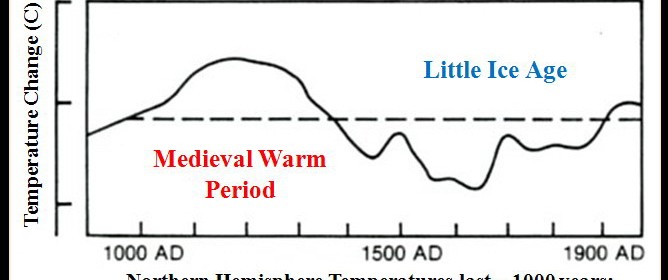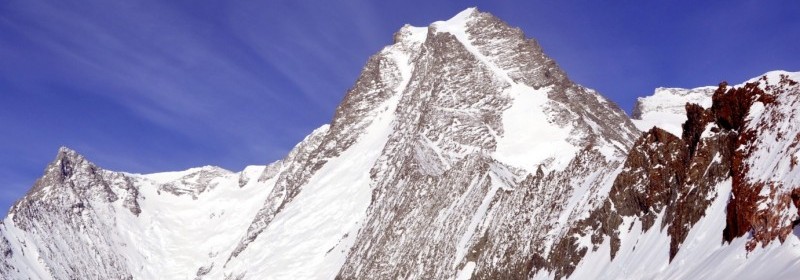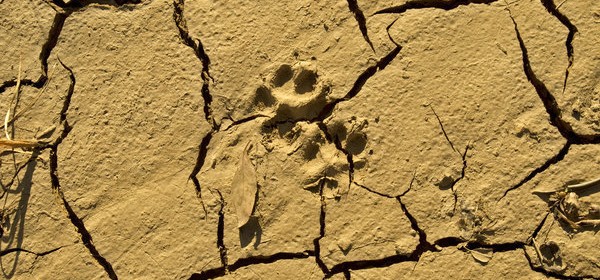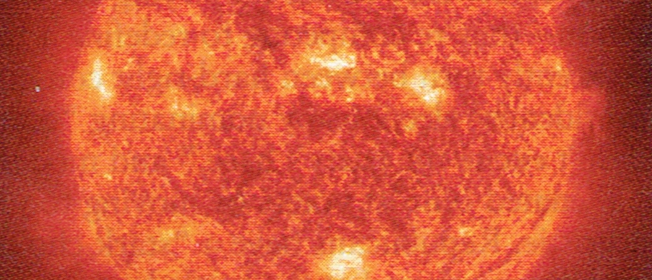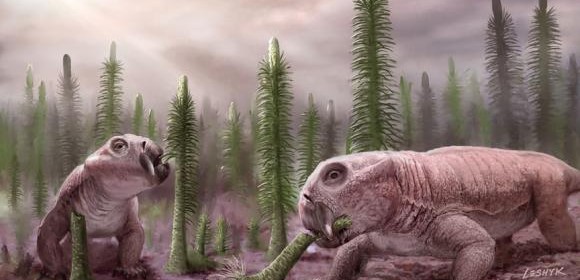Impact of human activity on local climate mapped
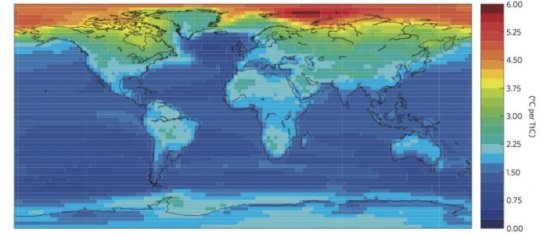
Earth’s temperature has increased by 1°C over the past century, and most of this warming has been caused by carbon dioxide emissions. But what does that mean locally? A new study published in Nature Climate Change pinpoints the temperature increases caused by CO2 emissions in different regions around the world. Using simulation results from 12 global climate models, Damon Matthews, […]
Read more
